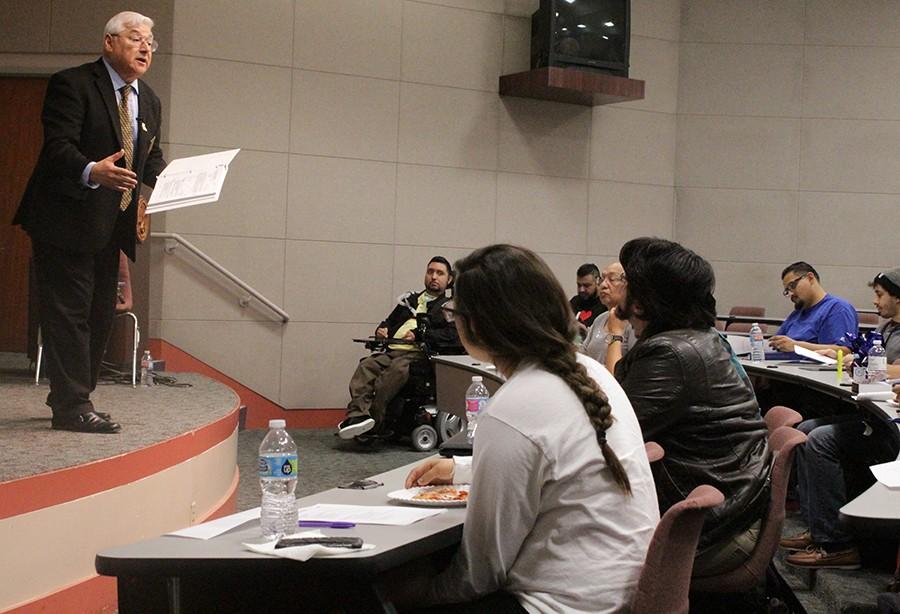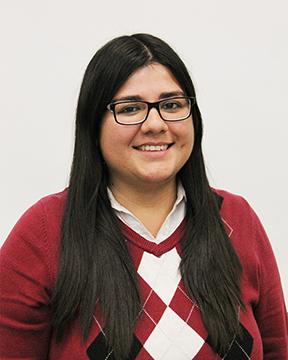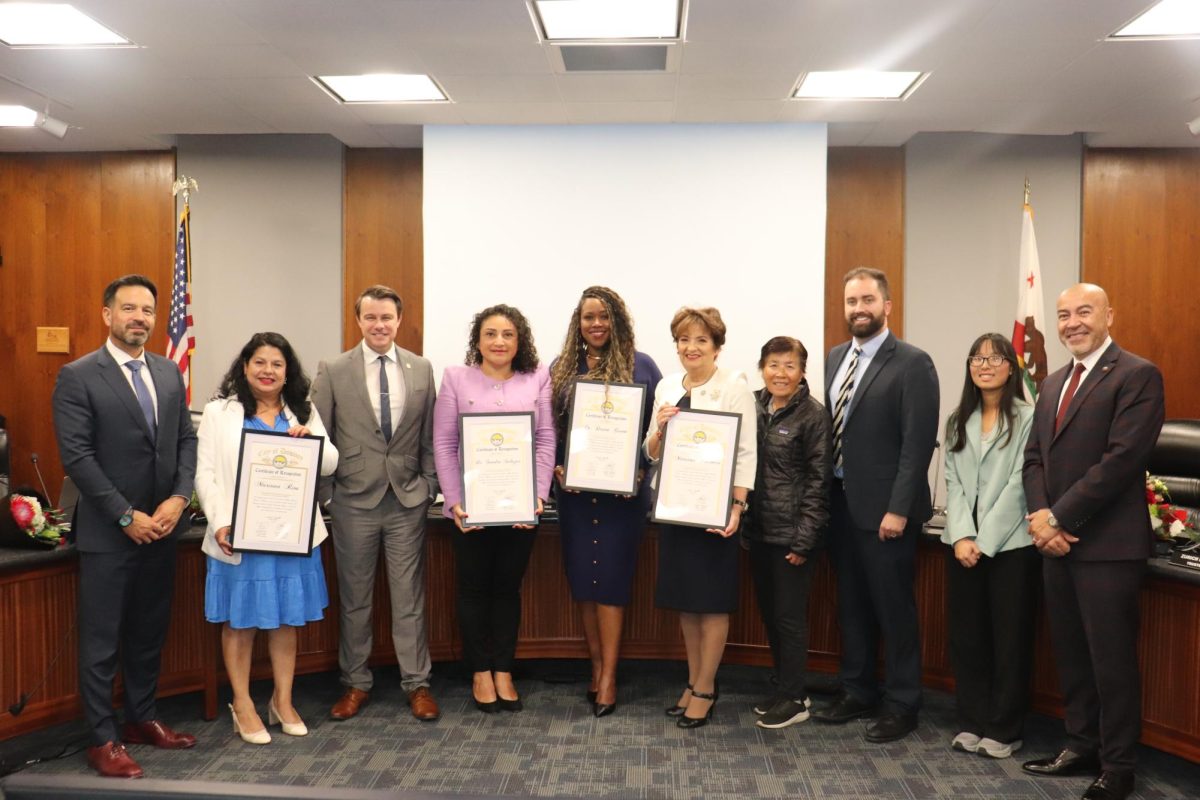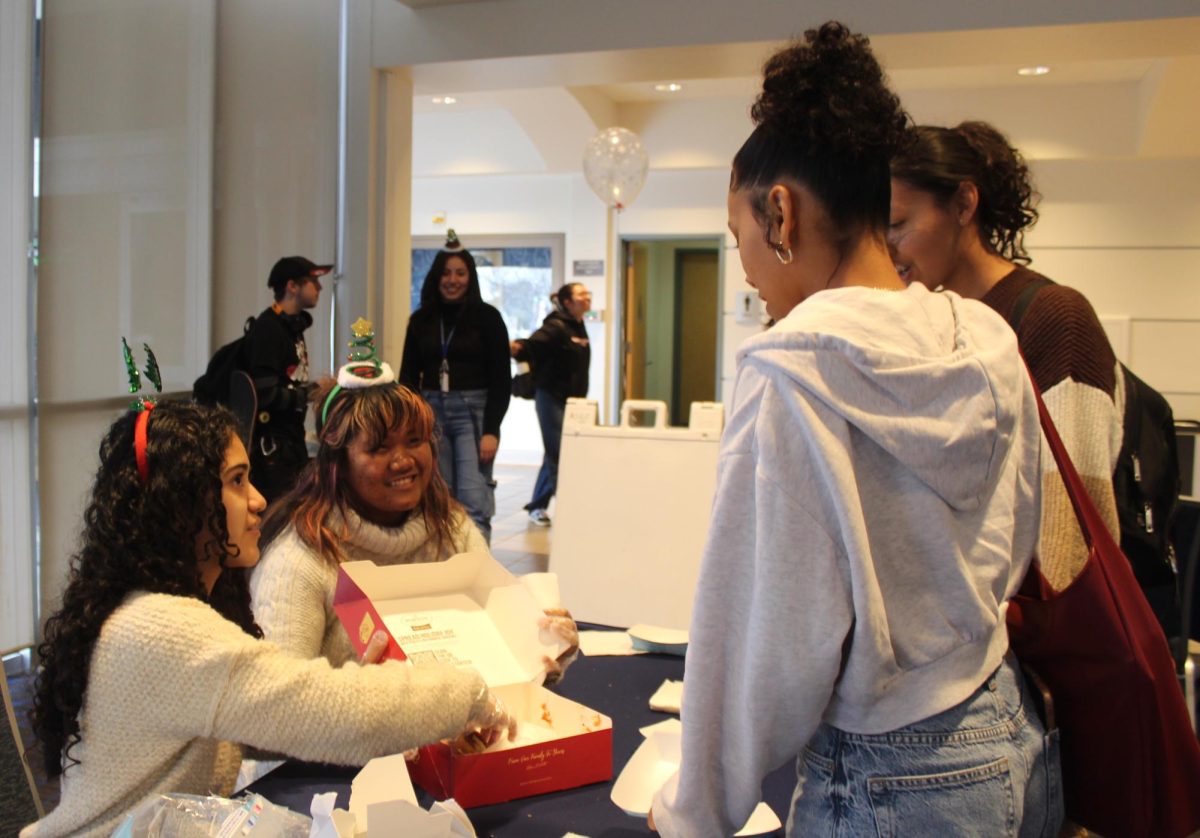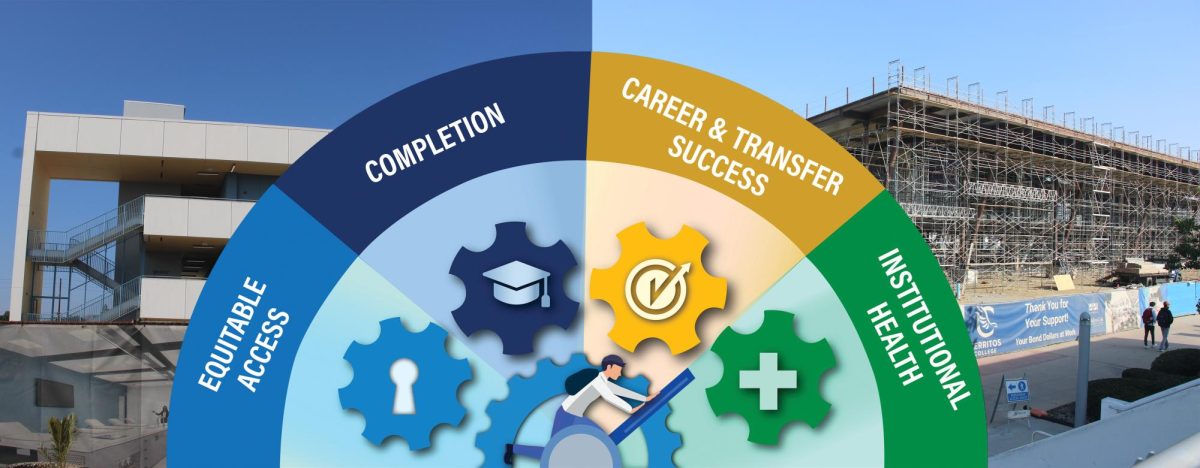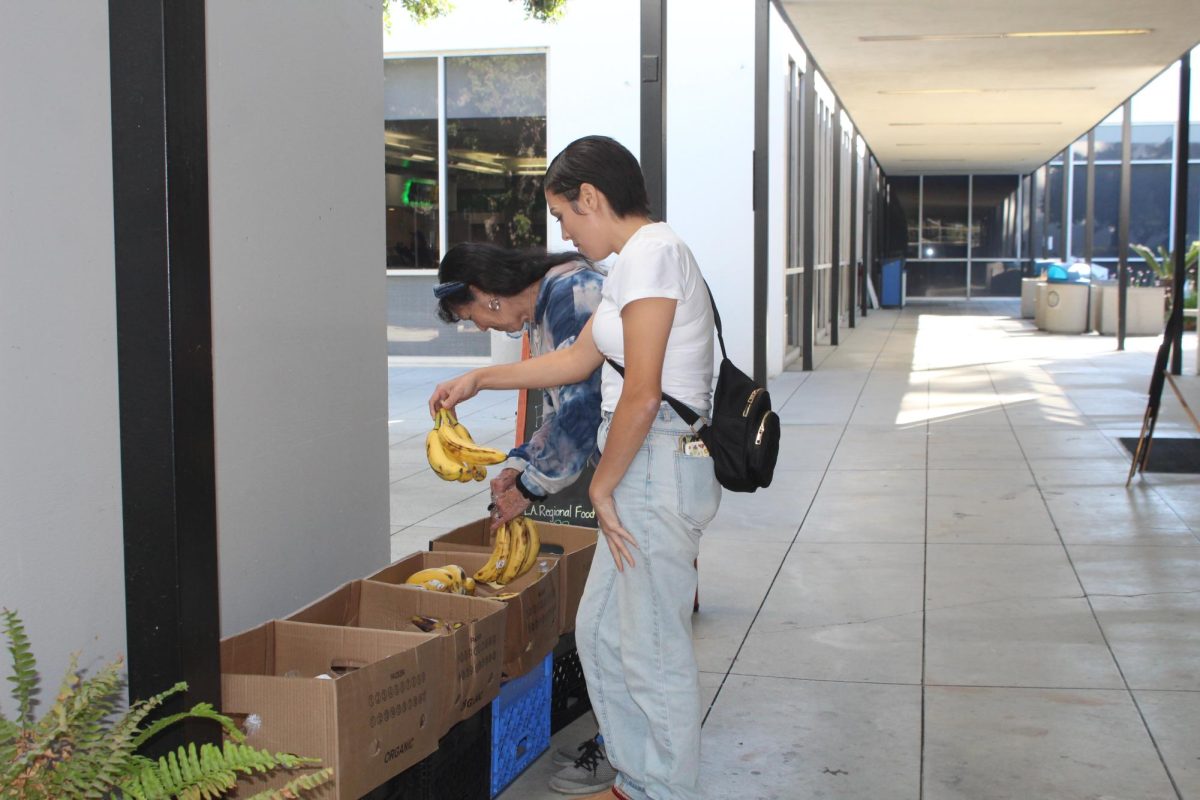Introduction
Kadie Gurley, commerical music major, is not a member of student government, however she expresses why she came to the parliamentary procedure training, “I came because I wanted to learn something new as a student at large.”
She added that during senate meetings, which are held on Wednesdays at 2 p.m., members from the public often do not know what is going on, so she wants to “help those who may not get parliament procedures and stand up for them.”
President of the California State Association of Parliamentarians, Lorenzo R. Cuesta, gave a three hour Parliamentary Procedure and Brown Act presentation on Friday, Mar. 4 in the Teleconference Center at 1 p.m.
Obligations and Procedures
As a professional registered parliamentarian, Cuesta’s ethical obligation is to come to an association that needs help.
“I help them run their meeting. I sit next to the President – in all the board meetings, conventions and conferences. And, as they are going through all the elections, nominations and amendments, I help them do it right and correct them,” Cuesta said.
An example of procedural matter is when someone has an objection, they are to say “Point of Order”.
Cuesta advises the chair, but he is only there to assist. I cannot insist on anything, so I help them out and I charge them, that’s as a parliamentarian.
His other role is to go to different colleges and organizations and present a three hour presentation, such as is one, which he presents quite often.
“I have to read all their rules so I can incorporate them into my lectures. So every time I point something out, I’m pointing out this is what it says and this is what you have to do because you are different. So I have to customize it and if they like it fine they can incorporate it, if not, again, I gave them a lot of things to change,” he said.
He further explained that these changes are huge because the By-Laws is decades old.
“It’s going to have to be dumped and rewritten, that’s how bad it is, because they [student government leaders] just let it go and let it go, but it’s not their fault; it happens in many colleges,” he said.
Cuesta emphasized how he is able to find something from groups, who have not been exposed to parliamentarian procedure at the level he teaches it, because of his experience working with some community college boards for three-four years, in which he sat with once a week.
“Every week I found something that they are doing wrong because they come up with something new that is entirely too complex.
“The fact that they even make an effort to learn is amazing. And the fact they’ve learned so much is even more impressive.
“What helps is they have a passion for what they are doing. Whether they are doing it right or wrong is not as important as “Do they have a passion to cause a change?” and they do,” he remarked.
Cuesta also stated how the current student government leaders of are going to be leaders because, “they have such a passion to what they are thinking.
“They are going to move up and be leaders. I always feel so honored to be among them. They started off very quiet but after a while they started asking more questions. I was so happy for that.”
Having a Passion
Cuesta has been to a couple of Cal State Universities and has sat in their boards noticing they are more concerned about advancing their status in their education for their resumes and the issues they take on are not as serious.
“I went to one recently, the issue of fracking came up [and] at the community college level it was a big issue. At the General Assembly people were yelling at each other. At the CSU nobody wanted to come in and it seemed nobody cared,” he recalled
“I hate to say this but they [CSUs/UCs] are more serious about awards, dinners and get-togethers. Things that give them the opportunity to network. I am being very harsh only because compared to what I have seen at the community college that is shameful the way they do it at the other places.
“And I have mentioned this to the boards and to the chair and their response is “Well that’s just our culture,” he remarked.
However Cuesta said, “When I was a graduate student all I cared was getting my master’s degree. I didn’t care about any other social issue, so I think I can understand their response. It is unfortunate.”
President Pro Tempore, Saul Lopez believed the “the parliamentary procedure training was awesome.
“I think the most important thing I took away from it is how much emphasis Cuesta put on how important parliamentary is to conducting efficient meetings; it made me realize that it can bleed over in other day tasks,” Lopez said.



